On The Dark Knight’s 10th anniversary, 10 films inspired by Christopher Nolan’s monumental trilogy
Everything from Marvel’s Black Panther to Daniel Craig’s Skyfall has been influenced by Christopher Nolan’s monumental Batman trilogy. On The Dark Knight’s 10th anniversary, here’s how it changed movies forever.
Ironically for a film that was borne out of the bravest studio decision in years, The Dark Knight has spawned more imitators than any other modern blockbuster. In the early 2000s, when Warner Bros was looking to reboot Batman on the big screen again, years before the term ‘reboot’ began to be used in common parlance, they invited several filmmakers to pitch ideas.
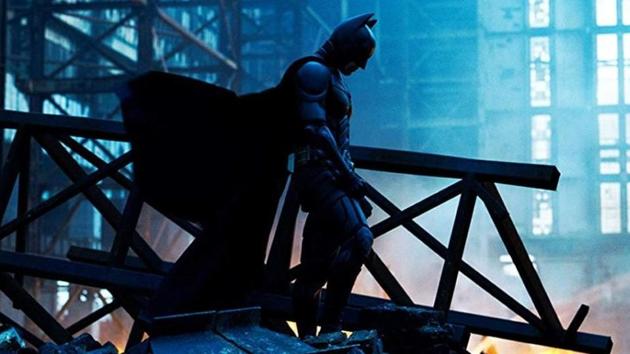
The fallout from Joel Schumacher’s Batman & Robin was still being felt, and the mandate was to make a film as unlike that lurid cartoon as possible. After careful consideration, Christopher Nolan, a director Warners had mentored after his breakout hit Memento and during the more mainstream Insomnia, was hired to direct Batman Begins.
Nolan chose Christian Bale to be his Batman - Bale had previously been finalised for the role on two separate occasions, once for director Darren Aronofsky’s adaptation of Batman: Year One and again for Wolfgang Peterson’s Batman vs Superman film. Batman Begins was received enthusiastically, although it didn’t set the box office on fire. But its biggest achievement was the world that Nolan had set up - a grimy, crime-ridden world divided by class and violence - and the tease with which it ended - years before Marvel popularised this strategy - of a calling card, of a lunatic who called himself the Joker. “I’ll look into it,” said Batman, turning the card in his hand, and thus began a three-year wait that would end in glory.
For his follow-up to Batman Begins, Nolan wanted to tell an old-fashioned crime story, inspired by Michael Mann’s Heat. He wanted to explore the psyche of two men, possibly deranged, who occupied either ends of the spectrum. As his Joker he cast Heath Ledger, who in one of the earliest examples of online fan outrage, was summarily rejected as the Clown Prince of Crime.
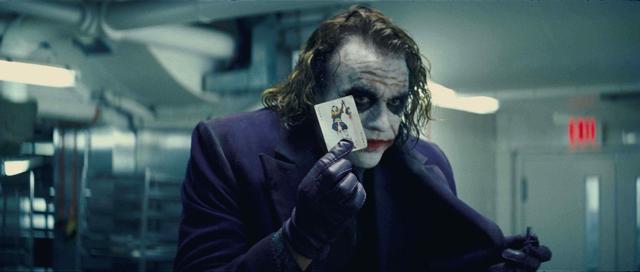
Mere months before the film was to be released, Ledger died of an accidental overdose. And this is where this story becomes more personal. I learned of Ledger’s death not on Twitter or through a news alert - this was 2008- but from a friend who ran towards us, breathless with information, fully aware of the grenade he had just unpinned. Later in the day, we read about the sad news in the papers and finally allowed it to sink. A person had died.
Following Ledger’s death, Warners regrouped and changed the film’s marketing to focus more on Ledger’s performance. Trailers teased a wickedly original take on the character - a dirty madman, with impatiently smeared war paint on his face, and pure chaos in his eyes. Posters were emblazoned with the words that would soon become legendary - Why so serious?
When the film was finally released, no tickets were available. Every show was sold out, morning, day and night. This was before online ticketing was a thing - or maybe it was, but we certainly didn’t know about it. So we called up the theatre and asked them to reserve seats. No luck. And what made this all the more unbearable were the handful of lucky kids who’d managed to score tickets - either through good fortune or thanks to rich parents. What was unfolding was the purest example of word-of-mouth marketing - ecstatic viewers were grabbing a hold of the first person they came across and commanded them to go watch the film.
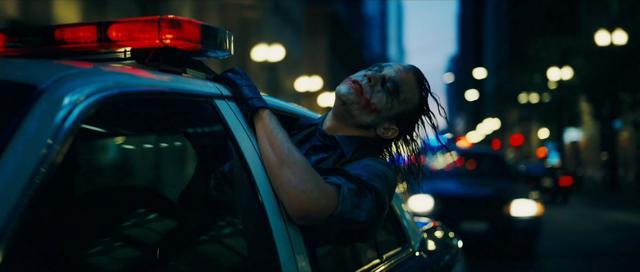
So a week later the day finally arrived. It was a packed hall, and the seats weren’t ideal, but the next two-and-a-half hours were some of the most memorable I’ve ever spent inside a movie theatre. No one cheered or whooped when the Joker revealed his scarred face for the first time, framed in a tight close up on IMAX film. No one spoke much at all. We were entranced. There was an energy in that room that few had experienced before. And when the film ended, all the pent-up emotion was released - but not in mania. One by one, the 300-400 people got to their feet and clapped - a slow, respectful clap. And the applause continued for several minutes, well into the credits.
Outside it was raining. We wouldn’t discuss the film on the auto ride back home - we were still reeling - but we’d spend the next decade bringing it up with shameless regularity.
The Dark Knight turned 10 this week, and its influence - on the superhero genre, on large format movie-making, and on the nature of blockbusters - has been astounding. Its snub at the Oscars forced the Academy to change their rules and include more Best Picture nominees, it legitimised superhero films, and it helped inspire a whole new generation of Hollywood directors. Here are 10 movies that owe a great debt of gratitude to Christopher Nolan’s milestone trilogy.
The Amazing Spider-Man
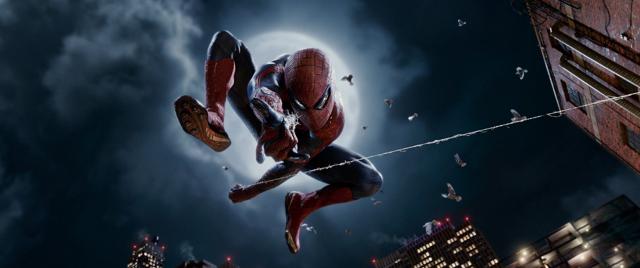
As you will see in this list, there are several ways in which filmmakers - but more importantly, studios - have taken a leaf out of The Dark Knight’s book. While the laziest reaction to the film’s success was to make everything a little darker, a little more grounded in the real world, others had brighter ideas. But The Amazing Spider-Man, which gets a bad rap by most die hard fans - undeservedly so; it’s quite a good film - was a flawed idea to begin with. While Batman has in his core always been a dark manifestation of Bruce Wayne’s inner turmoil, Spider-Man is a high-schooler. It’s possible to make an angsty teen movie, and Marc Webb’s Spider-Man comes darn close to creating a new Peter Parker, and making a superhero film in which the character interactions had genuine depth.
Snow White and the Huntsman
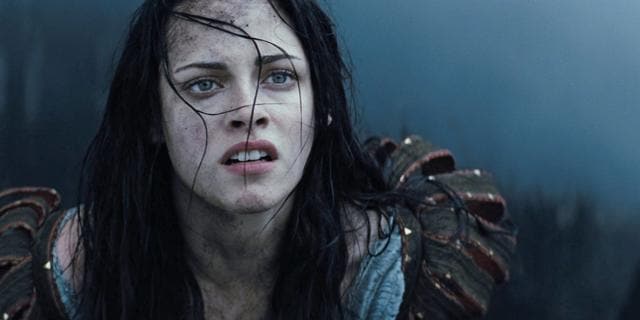
Bang in the middle of a resurgence in fantasy films - spearheaded by Disney’s re-imagining of their animated classics - Universal banked heavily on Kristen Stewart’s post Twilight box office pull and poured millions into first time director Rupert Sanders. Snow White and the Huntsman’s existence has more to do with the success of the Lord of the Rings saga than the Nolan trilogy, but it wouldn’t have existed had the Batman films not been as popular as they were. It’s basically the same approach really - grounding high fantasy in reality, taking seriously the genres that had so far been seen as kids’ stuff.
Robin Hood
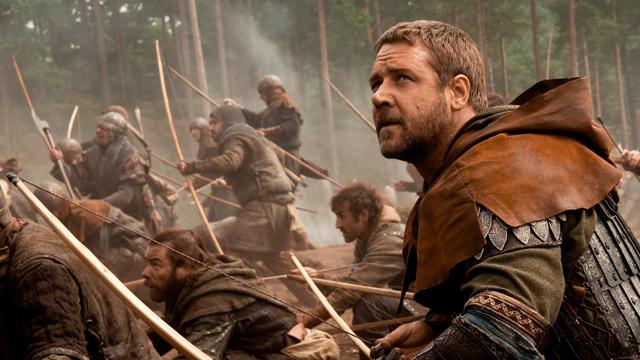
But before Snow White, there was Ridley Scott’s incredibly expensive Robin Hood reboot - oh, by the way, we can also blame reboots on Nolan. Released in 2010 and billed as a spiritual sequel to Scott and star Russell Crowe’s Oscar-winning Gladiator, Robin Hood disappeared from public consciousness the moment it left theatres, but like Snow White, it’s a fascinatingly unique vision of a character that has been flogged to death on screen. And also, there are few directors who can handle large-scale, practical action sequences better than Ridley Scott.
Mission: Impossible - Ghost Protocol
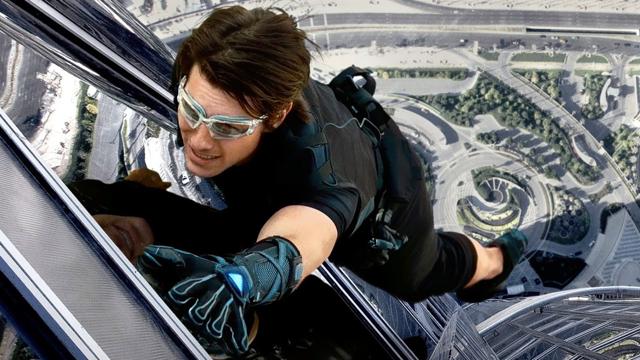
Tonally, there has been no greater influence on modern blockbusters than The Dark Knight - fortunately, studios finally seem to have realised that pure rip-offs aren’t attractive to anyone - but another huge impact that the trilogy had on Hollywood was the resurgence in large format presentation that it kicked off. Nolan has always been a champion of the theatre-going experience, and retains such immense influence in the business that for the release of his latest, Dunkirk, several screens were retrofitted with 70mm projectors. Many of you would remember that Nolan attached the six-minute prologue of The Dark Knight Rises to select screenings of Ghost Protocol, one of the first post Batman films to embrace the IMAX format.
Godzilla
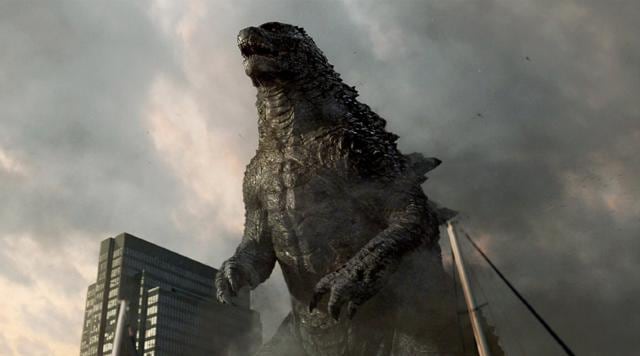
Few filmmakers could tap into the post 9/11 paranoia that made Nolan’s Batman films so great, which means that Gareth Edwards’ 2014 Godzilla reboot is one of the finer films on this list - although, like the best ones, it proved to be immensely polarising among the fan base. True, Edwards’ Godzilla was a huge departure from Roland Emmerich’s campy 1998 film, which arrived only a year after the equally ridiculous Batman & Robin - this goes to show just how much Hollywood blockbusters evolved in a decade - but Godzilla, like Batman, was always a deeper character than you’d believe.
Star Trek into Darkness
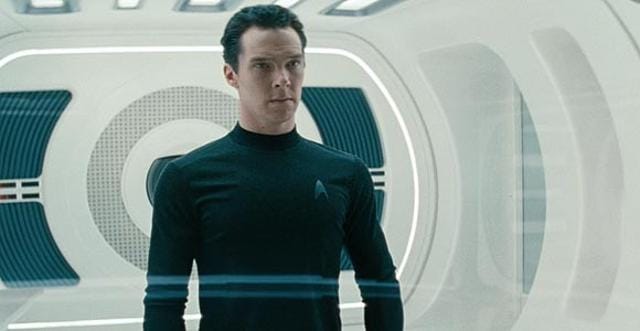
Nothing, as Quentin Tarantino once said, is original. Everything - every movie, song or book - has been derived from something that came before. By that logic, Ledger’s Joker - as blazingly original as the character was - was inspired by A Clockwork Orange and The Silence of the Lambs. The never-ending cycle continued in JJ Abrams’ sequel to his 2009 Star Trek, which in ‘John Harrison’, played by Benedict Cumberbatch, created a character that was clearly inspired by Ledger’s Joker - although the Paramount marketing team messed up immensely in their handling of Harrison in the run up to the release.
Man of Steel
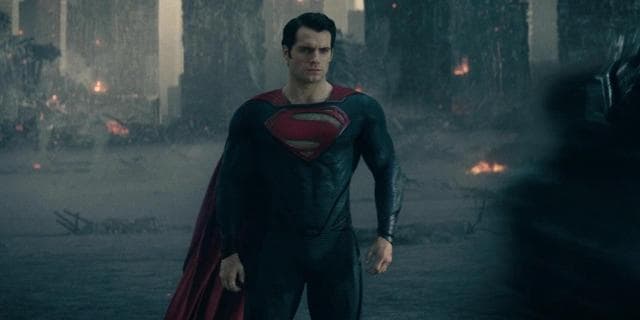
For a while there, it seemed as if Nolan would end his Batman trilogy by swiftly moving on to a similarly grim take on Superman. He handpicked Zack Snyder to helm Man of Steel, a decision that Warners surely regret now, a decade later. But like the Amazing Spider-Man, Man of Steel goes to show that not every character has a gritty reboot in him. The central idea was strong - treat Superman as an alien and use him to comment about our fear of the other - an idea that was, in my opinion, ahead of its time. Think of how pertinent this theme is now, amid a global refugee crisis and a general lack of decency. Had the plot played out as Snyder had planned, we’d probably have something we could all agree on, but alas, studio meddling derailed the DC universe so spectacularly that even Superman couldn’t save it.
Black Panther
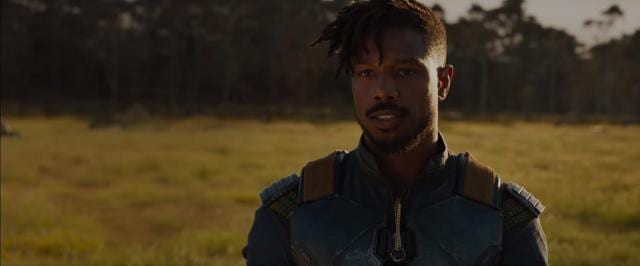
It’s no surprise that Christopher Nolan has predicted that Ryan Coogler’s Marvel movie will be nominated for a Best Picture Oscar next year, an eventuality that has been made possible by The Dark Knight’s snub at the 2009 ceremony. From themes of honour, of legacy and a villain who often overpowers the hero, Black Panther is the closest the more light-hearted Marvel Cinematic Universe has come to emulating the DC films. “I remember watching The Dark Knight and the film having commentary on privacy, commentary on terrorism. And that was all stuff that felt like it was of the now, so it made Gotham City feel like it was somewhere in the States. So I wanted Wakanda to feel like it was of the world,” said Coogler.
Skyfall
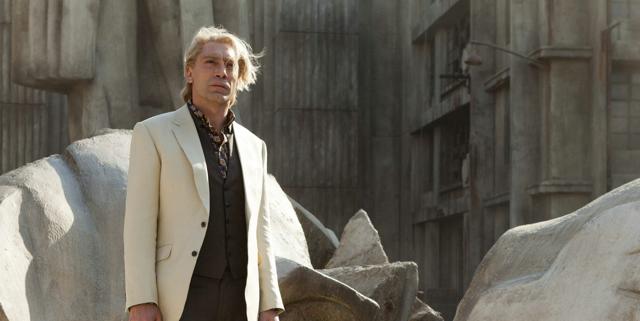
There is perhaps no other film on this list that feels as devoted to Nolan’s trilogy as Sam Mendes’ James Bond. Mendes has said often that he was ‘directly inspired’ by The Dark Knight in creating a more human Bond for Skyfall, in exploring the famously enigmatic character’s past, and creating one of the series’ best villains. “In terms of what (Nolan) achieved, specifically The Dark Knight, the second movie, what it achieved, which is something exceptional. It was a game changer for everybody,” Mendes told IndieWire. “Without the Dark Knight,” Mendes said, Skyfall “might not have been possible.”
Follow @htshowbiz for more
The author tweets @RohanNaahar






